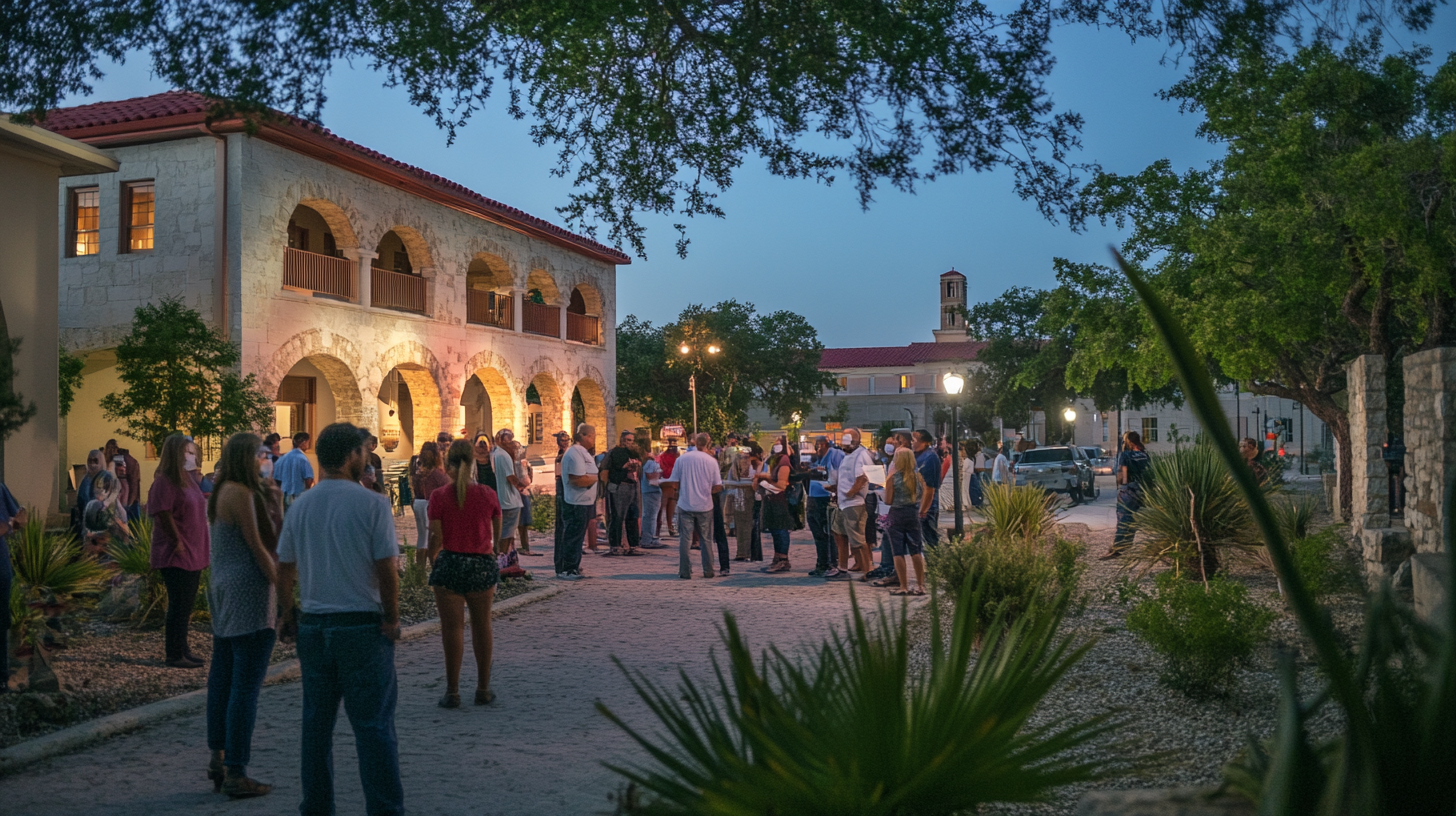UTRGV Medical School: Pioneering Research for Local Wellness
Dr. Michael Hocker, dean of the UT-Rio Grande Valley School of Medicine, recently captivated attendees at the 2025 State of RGV Real Estate Forum with insights into pioneering research initiatives that could transform healthcare across the Rio Grande Valley. By emphasizing the strategic use of research funding, Dr. Hocker aims to enhance the wellbeing of Valley residents through targeted advancements in medical science.
Breaking New Ground in Medical Research
Situated in the heart of South Texas, UTRGV has achieved recognition as an emerging research university, having met the substantial requirement of $40 million in research expenditures. Yet, as Dr. Hocker pointed out, “It’s not the money we get for research that’s important; it’s what we do with it.”
Ambitiously, the university is on track to reach R1 tier one status by 2030, thus potentially joining an elite group of only 16 such institutions in Texas. This forward momentum is fueled in large part by the School of Medicine, responsible for 60% of the university’s research spending—a noteworthy $75.6 million in the previous year.
Revolutionizing Genetic Studies in Brownsville
At the forefront of UTRGV’s research endeavors is the groundbreaking genetic research conducted in Brownsville. Here, teams of scientists have outpaced conventional research timelines, now capable of analyzing a DNA sample within four hours at a fraction ($400) of the historical billion-dollar cost of initial genome mapping. This rapid turnaround is leveraged to investigate genetic predispositions to local health crises, such as diabetes and cancer, distinguishing between genetic and environmental causes.
“This group today can analyze your DNA in four hours,” Hocker shared, drawing attention to the region’s dire levels of diabetes and cancer cases. The studies explore both inherited and environmental factors, teasing out variances that may contribute to the Valley’s specific health challenges.
Addressing Local Health Epidemics
Beyond genetics, proteomics is another significant research area, assessing environmental catalysts for the Valley’s unique cancer patterns. “We’re studying things that are important in changing the disease patterns in the lives of people here in the Rio Grande Valley,” asserted Hocker, emphasizing relevance to community health trends.
Residents like Maria Sanchez, whose family has been impacted by diabetes, express hope in these research undertakings. “Knowing that doctors are focused on our specific health concerns makes me hopeful for future generations,” she noted.
The establishment of the Valley Diabetes Center of Excellence, facilitated by a $30 million grant from the Valley Baptist Legacy Foundation, aims to shift the narrative of diabetes management. With two-thirds of the local population affected by diabetes or pre-diabetes, this center promises advanced research and patient care initiatives, targeting the disease’s prevalence in the community.
Collaborative Efforts and Future Impact
The school’s research collaborations extend to tackling Alzheimer’s disease and improving memory disorder treatments within the Valley. Working alongside the University of Texas Health Science Center in San Antonio, the school has successfully recruited the Valley’s first neurologist specializing in memory disorders, representing a leap forward in clinical care.
Commissioner Sandra Lopez praised these developments, highlighting that they “enhance the quality of life for Valley residents and position our region as a leader in health research.”
Looking forward, these initiatives have the potential to not only elevate the university’s research profile but also enact tangible improvements in public health. By dissecting regional disparities in health outcomes, the school’s research directly addresses and informs policy on these pervasive health issues, offering solutions rooted in data and community focus.
A Community-Centered Approach
While excitement builds, some local stakeholders voice cautious optimism, reminding administrators to balance academic aspirations with practical community support. Dr. Teresa Galvan, an analyst in health policies, advises, “It’s crucial to ensure the benefits of research trickle down to everyday patient care and that findings are communicated to local communities in accessible ways.”
Residents are encouraged to engage with this evolving story. UTRGV plans to host public informational sessions to keep community members informed about research endeavors and health resources. This engagement is key in ensuring research not only impacts the academic sphere but also creates real-world change for the Valley’s diverse inhabitants.
In conclusion, under Dr. Hocker’s leadership, the UTRGV School of Medicine’s research is directly aligned with regional needs and aspirations. With a focus on disease patterns endemic to the Valley, efforts made today aim to create a healthier community landscape, showcasing how academic insight can successfully meet local impact in the fight against chronic diseases.







